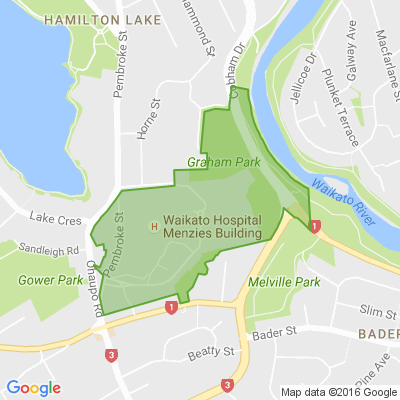How to make your food last longer
Tips to extend the shelf life of popular staples, such as bread, flour and fruit.
Dealing with a bulging pantry? Here are our tips to get the longest life out of your cupboard staples and fresh produce.
Best-before and use-by dates: know the difference: Best-before dates give you information about food quality. Food can be eaten and sold after its best-before date. However, it may have lost some nutritional value and might not taste the best. If a food has a shelf-life of two or more years, it doesn’t need a best-before date.
As soon as you open any food’s packaging, its shelf life becomes the same as if the product was unpackaged. How long it’s safe to eat depends on several factors: its water and protein content, quality when you bought it, and how it’s been stored.
Use-by dates are usually on perishable foods such as poultry and deli foods. A food can’t legally be sold after its use-by date and shouldn’t be eaten because it can make you sick.
Bread: Bread keeps the longest in the freezer (though it’s not as convenient, as you have to wait for it to defrost). If you’re a pantry-only fan, it should be kept in its packaging (paper or plastic if it’s homemade) and stored in a cool dry area– ideally in a bread tin if you have one. A good compromise is the middle shelf of the fridge, but it will still get stale as it dries out.
If your bread’s stale, whiz it in the food processor to make breadcrumbs, which you can then pop into a resealable container for freezing. You can use it to crumb meat and fish or add it to dishes (for example, meatballs or pasta bakes).
Tip: Freeze half your loaf and keep the other half out. The half in the freezer won’t get stale or mouldy.
Eggs: Eggs keep longer in the fridge but they can be stored at room temperature (as long as it’s 15°C or lower). Either way, store your eggs in their original carton: it keeps them safe from cracking, slows moisture loss, stops them absorbing other food smells and you’ll know the best-before date.
Tip: Check eggs are safe to eat with the float test. Place the egg in a bowl or cup of water. If the egg sinks, it’s good to eat. If it floats, throw it away.
Flour and dry ingredients: Store your flour in a large, airtight container that your measuring cup can fit in. A container with a screw-top is best, but any well-sealed lid will be fine. Transfer other dry ingredients (for example, baking powder and baking soda) that don’t come in resealable packets to an airtight container. Or use a resealing bag clip.
This help prevents weevils getting into your baking stash. Some people swear that adding a bay leaf will keep weevils away.
Pantry moths are sometimes lurking in your dry goods – sometimes in new purchases. Freezing the ingredients should kill the moths and any larvae. Wrap the goods in a plastic bag and freeze for two days, before then storing in an airtight container.
Sugar: Sugar should be stored in an airtight container in a cool, dry place. It shouldn’t be kept in the fridge because this exposes it to moisture, which can make it go hard.
Sugar doesn’t have a best-before date because it doesn’t grow mould.
Keep reading: www.curtainclean.co.nz...

Mindfulness Adults Arts Therapy
🎨 Mindfulness Adults Art Therapy
Relax, create, and boost your well-being in our mindfulness art therapy classes. No experience needed — just come and express yourself in a supportive space.
Book today!👉 www.artsforhealth.co.nz...
#artsforhealth #mindfulness #art #nz #artclass #waikato #artnz

Clothesline upgrade
Turn a tired old clothesline into a stylish garden feature that brings joy to the chore of getting your washing out in the sun. Finish in Resene Waterborne Woodsman Crowshead. Find out how to create your own with these easy step by step instructions.

Explore more, worry less at Ryman
Pack your bags, hit the open road, or set sail on your next big adventure. With Ryman’s lock-and-leave-style living, you’re free to explore without worrying about home maintenance or security.
While you’re off enjoying life, we’ll take care of everything back home – from mowing the lawns to watering the garden, pulling weeds, and even cleaning the windows.
Ryman residents are free to embrace adventure because they're not tied down with home maintenance stress and security worries. They're rediscovering lost passions and plunging headfirst into new ones whenever they feel like it.
Click find out more to discover the lifestyle.







 Loading…
Loading…





















